Uncategorized
-
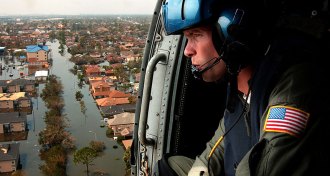 Climate
ClimateKatrina’s legacy: Refining hurricane forecasting
Ten years following Hurricane Katrina’s formation, the storm’s devastating legacy in New Orleans and beyond continues to drive storm forecast improvements.
-
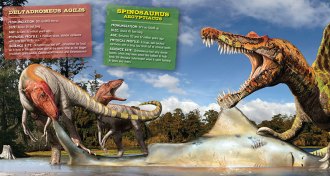 Animals
Animals‘Prehistoric Predators’ is a carnival of ancient dinosaurs, mammals and more
A new children’s book offers gorgeous illustrations and information for everyone about ancient carnivores.
-
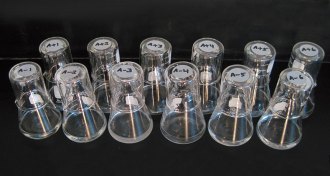 Life
LifeExtinction in lab bottle was a fluke, experiment finds
Extinction in a bottle was a random catastrophe, not survival of the fittest.
-
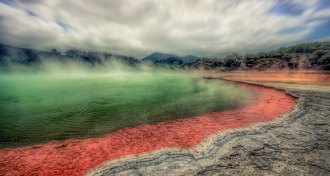 Earth
EarthMillions of dollars’ worth of gold and silver found beneath volcanoes
A jackpot of dissolved gold and silver discovered in reservoirs of hot water beneath New Zealand’s Taupo Volcanic Zone.
-
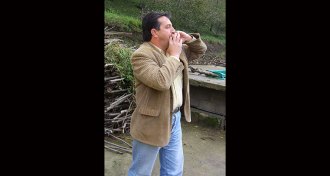 Neuroscience
NeuroscienceWhistled language uses both sides of the brain
Unlike spoken words, language made of whistles processed by both sides of the brain.
-
 Health & Medicine
Health & MedicineRecent advances may improve Jimmy Carter’s chances against melanoma
Improvements in melanoma treatment over the last five years may aid former President Jimmy Carter’s battle against the disease.
-
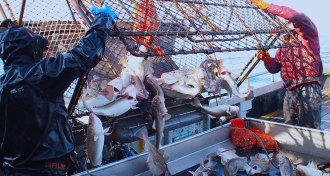 Animals
AnimalsSeeing humans as superpredators
People have become a unique predator, hunting mostly adults of other species.
By Susan Milius -
 Tech
Tech50 years ago, an automat began taking paper money
Ubiquitous today, vending machines that accepted bills were once considered exciting technological achievements.
-
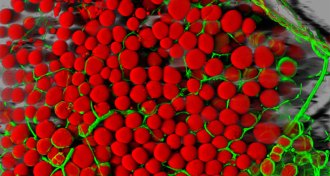 Genetics
GeneticsGene thought to cause obesity works indirectly
Researchers have discovered a “genetic switch” that determines whether people will burn extra calories or save them as fat.
-
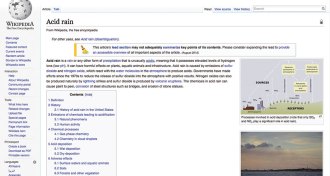 Science & Society
Science & SocietyContentious science topics on Wikipedia subject to editing mischief
Global warming and other politically charged issues are prime targets for sabotage on Wikipedia.
By Meghan Rosen -
 Health & Medicine
Health & MedicineStiff cellular environment links obesity to breast cancer
Obesity may directly support tumor growth by making a cell’s surroundings stiffer.
-
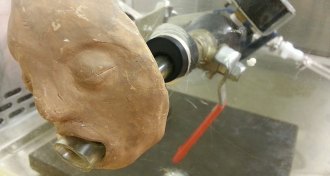 Health & Medicine
Health & Medicine‘Vomiting device’ sounds gross but it helps study infections
Scientists created a “vomiting device” to study how norovirus spreads through the air.